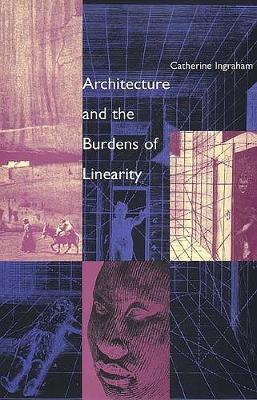In this suggestive inquiry into the operations of linearity in architectural theory and practice, Catherine Ingraham investigates the line as both a conceptual and literal force in architecture. She approaches her subject from philosophical, theoretical, practical, and historical points of view, finding the following points of convergence: architecture's relation to property, politics, and economy; architecture's relation to propriety and the need to keep things "in line"; and architecture's relation to the proper name, human identity, object identity, and spatial location and demarcation.
In this engaging discussion, Ingraham considers maps, architectural plans, the laws of geometry, systems of architectural knowledge, and mythologies of architectural origin in work by Le Corbusier, Vitruvius, Alberti, Tafuri, Derrida, Levi-Strauss, Shakespeare, Lacan, Deleuze, Rilke, and Stendhal. Entering the current complex debates about the relation between theory and practice in architecture, the author also addresses themes in psychoanalytic criticism, poststructural theory, and feminist criticism. Her examination thus moves beyond architecture and its literal structures to the notion of epistemological structure that architecture as a discipline and practice upholds and promotes.
Theoretical Perspectives in Architectural History and Criticism Series
Mark Rakatansky, Editor
- ISBN10 0300071191
- ISBN13 9780300071191
- Publish Date 30 March 1998
- Publish Status Active
- Publish Country US
- Imprint Yale University Press
- Format Hardcover
- Pages 210
- Language English
